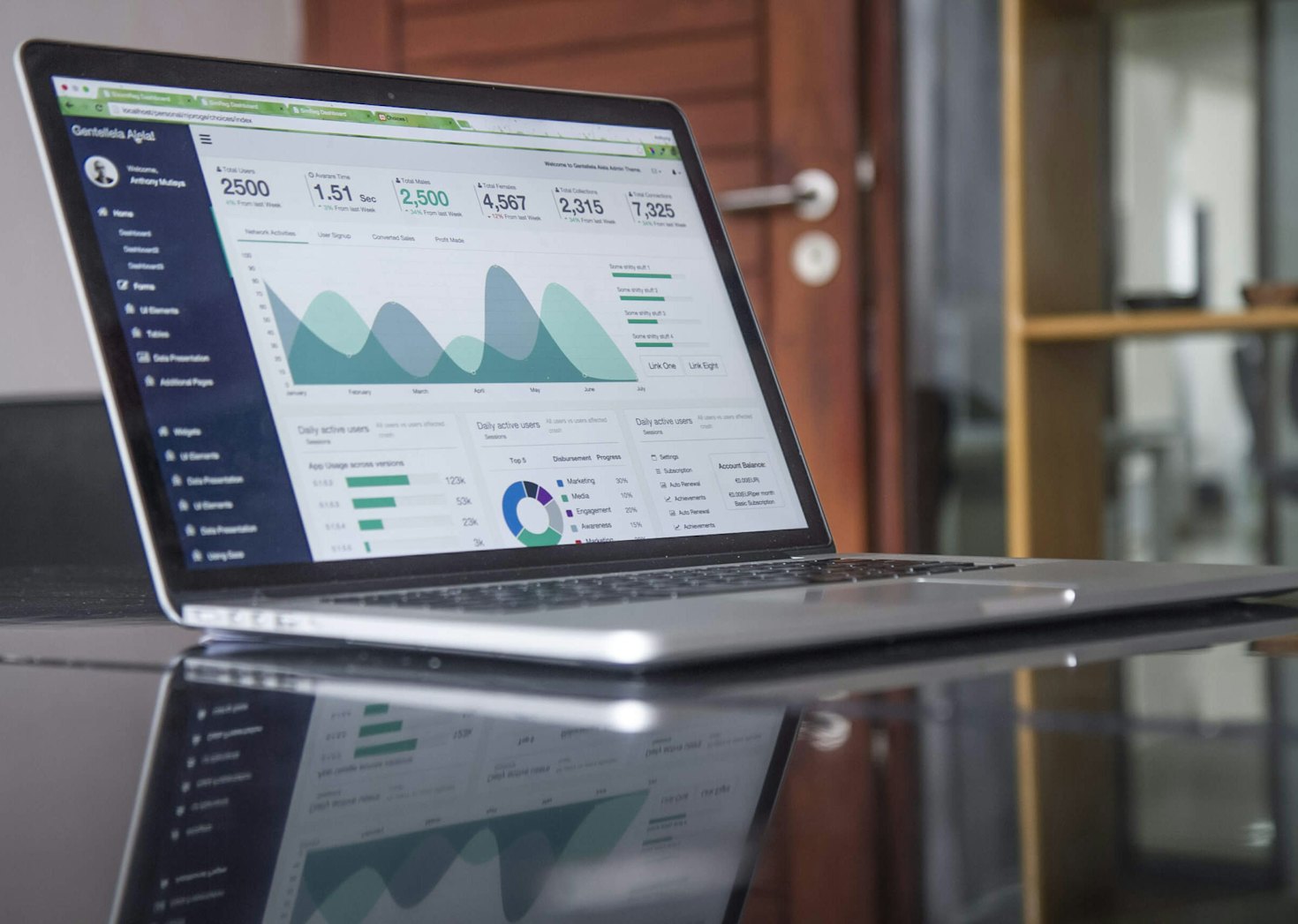The digital future will be defined by technological trends that are transforming the way we live, work and connect. One of the most prominent is artificial intelligence (AI), which will continue to revolutionise industries through automation, mass personalisation and predictive analytics. Alongside this, the rise of the metaverse is creating new virtual spaces where companies can offer immersive experiences, such as 3D stores or interactive events. In addition, the expansion of 5G connectivity will enable unprecedented internet speeds, driving innovations such as autonomous vehicles and the Internet of Things (IoT). Finally, digital sustainability will gain relevance, with technological solutions designed to reduce environmental impact and encourage responsible business practices. Adopting and adapting to these trends will be essential for companies and users seeking to lead in an increasingly digitalised world.
Sometimes the simplest moments hold the deepest wisdom. Let your thoughts settle, and clarity will come to you. Use this quote space to share something inspiring or thoughtful, perfectly aligned with the topic of your article.
The advancement of digital technologies is redefining the way we interact with the world, and emerging trends promise to have an even greater impact in the coming years. Artificial intelligence (AI), for example, is transforming entire industries with applications ranging from virtual assistants, such as ChatGPT, to advanced medical diagnostic systems and predictive algorithms that optimize supply chains. Companies such as Tesla are using AI to develop autonomous vehicles, while e-commerce platforms are using it to personalize the user experience, increasing conversion rates and improving customer loyalty.
On the other hand, the metaverse is emerging as a new digital space that combines augmented reality (AR), virtual reality (VR) and blockchain to create interactive and immersive experiences. Major companies such as Meta and Microsoft are leading this trend, developing virtual environments where users can work, socialize or even purchase goods and services. This raises opportunities for sectors such as education, where immersive virtual classrooms could significantly improve learning, and retail, which could offer virtual showrooms for customers to explore products without leaving home.
5G connectivity is another of the great promises that will drive these transformations. With speeds up to 100 times faster than 4G networks, 5G will enable the mass implementation of the Internet of Things (IoT), facilitating smart homes, connected cities and real-time monitoring solutions for industries such as agriculture and health. For example, sensors in crops will be able to collect precise data on humidity and temperature, optimising the use of resources and increasing productivity.
Finally, digital sustainability is gaining ground as a priority for businesses and governments. Green technologies, such as energy-efficient data centers and blockchain-based circular economy solutions, are designed to reduce the environmental impact of digital transformation. Companies like Google are already investing in renewable energy to power their operations, paving the way for a more responsible future.
Together, these trends promise not only to revolutionize technology, but also to profoundly transform how we live, work, and protect our planet. Adapting to these changes will be essential for those seeking to lead in a digital future that is shaping up to be faster, more connected, and more sustainable.


The digital trends that will shape the future not only transform specific sectors, but also open up new perspectives for addressing global challenges and reimagining the potential of technology. For example, artificial intelligence (AI), in addition to optimizing industrial and commercial processes, can be a catalyst in the fight against climate change through predictive models that anticipate natural disasters or algorithms that optimize the use of energy resources. Likewise, the metaverse, beyond entertainment and commerce, could become a crucial space for global collaboration, allowing meetings between scientists, educators and business leaders in virtual environments that transcend geographical barriers.
On the other hand, 5G connectivity will not only accelerate the development of IoT, but could also close the digital divide by providing high-speed internet access in remote areas, fostering digital inclusion and new educational and economic opportunities. Finally, digital sustainability is not limited to reducing the environmental impact of current technologies; it could also be the basis for innovations such as precision agriculture or the circular economy, creating more resilient and balanced systems.
These perspectives invite us to imagine a future where digital trends not only empower businesses or improve individual experiences, but also solve global problems, promote equity and build a more interconnected and sustainable world.
Conclusion with key points
Emerging digital trends such as artificial intelligence, the metaverse, 5G connectivity, and digital sustainability are redefining the way we interact with the world and address global challenges. These technologies are not only transforming industries, streamlining processes, and improving individual experiences, but also opening up new opportunities to foster equity, close digital divides, and build a more sustainable future.
AI powers innovative solutions in fields such as climate change and personalization, while the metaverse redefines collaboration and commerce. Meanwhile, 5G promises unprecedented connectivity, driving digital inclusion and global development, and digital sustainability sets a path towards a more responsible economy. Together, these trends will not only set the course for technological progress, but also demonstrate how innovation can be a driver of positive and transformative change for society as a whole.